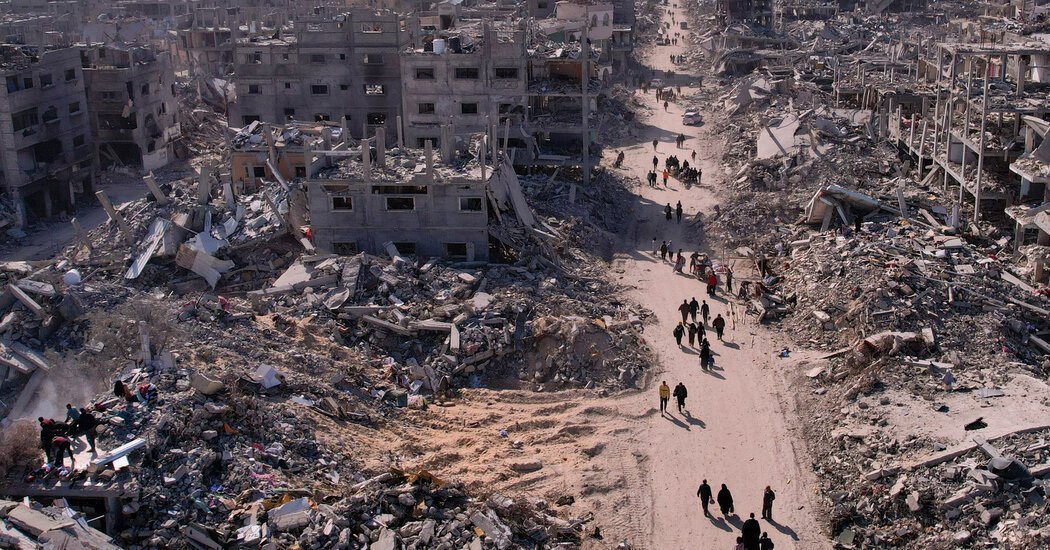ONE DAY, EVERYONE WILL HAVE ALWAYS BEEN AGAINST THIS, by Omar El Akkad
In his dystopian debut novel, “American War” (2017), Omar El Akkad describes a massacre at a refugee camp with calmly horrifying precision. “The bodies made damp pools in the dusty ground,” he observes, through the eyes of a woman called Sarat. “There was a heat to them. Sarat felt it against her skin, damp and real as steam from a boiling pot. She knew what it was. It was the heat of life extinguished. The heat of something leaving.”
The twist is that the camp is on the border between Mississippi and Alabama. It is 2081 and the United States has imploded into civil war. El Akkad, who was born in Egypt, grew up in Qatar, moved to Canada as a teenager and now lives in Oregon, is visiting on an imagined America the horrors that ordinary people experience in the part of the world where his family originated.
The site of the slaughter in the novel is called Camp Patience. In Arabic, patience is sabr; the name echoes the Sabra refugee camp in Lebanon, the scene of a mass killing of civilians, most of them Palestinians, by an Israeli-backed militia in 1982. But rereading the chapter now, it is impossible not to think also of the Hamas-perpetrated massacres of Oct. 7, 2023, in southern Israel.
In “One Day, Everyone Will Have Always Been Against This,” his fiercely agonized new book about American and European responses to the devastation of Gaza, El Akkad is trying, in a very different way, to do the same thing — to force American readers to think of Palestinian victims not as “them” but as “us.” If, in the novel, he is attempting to close the cognitive gap between America and the Middle East, in “One Day” he is raging against the widening of that gulf, the way, at least in official discourse, the immense suffering of civilians in Gaza since Oct. 7 is kept at bay, confined to the outer darkness of things that happen to people who are not quite human.
